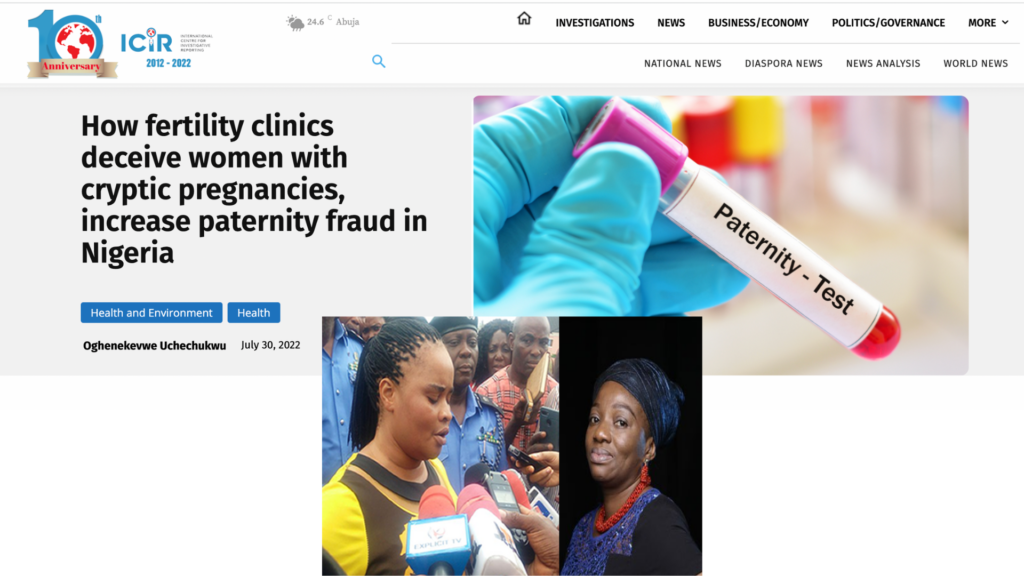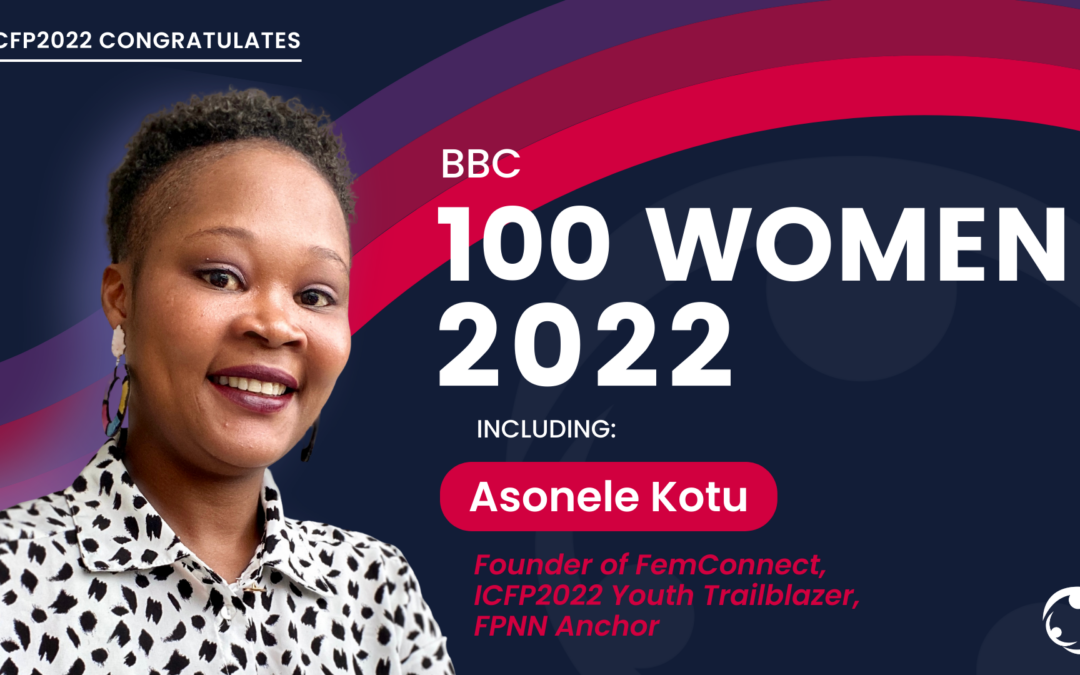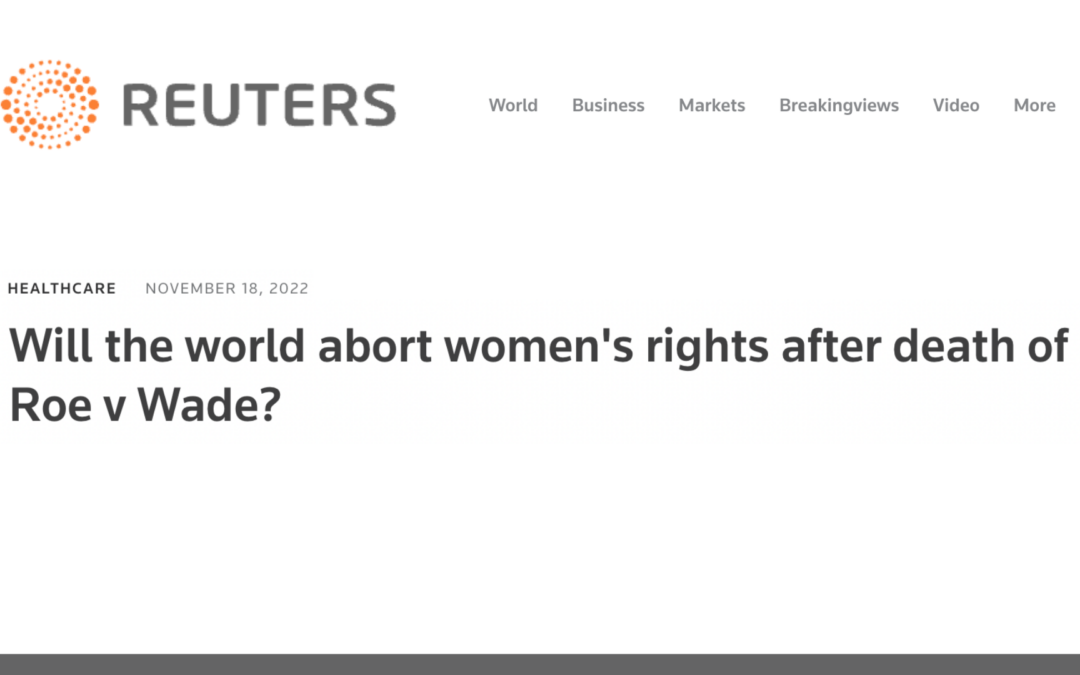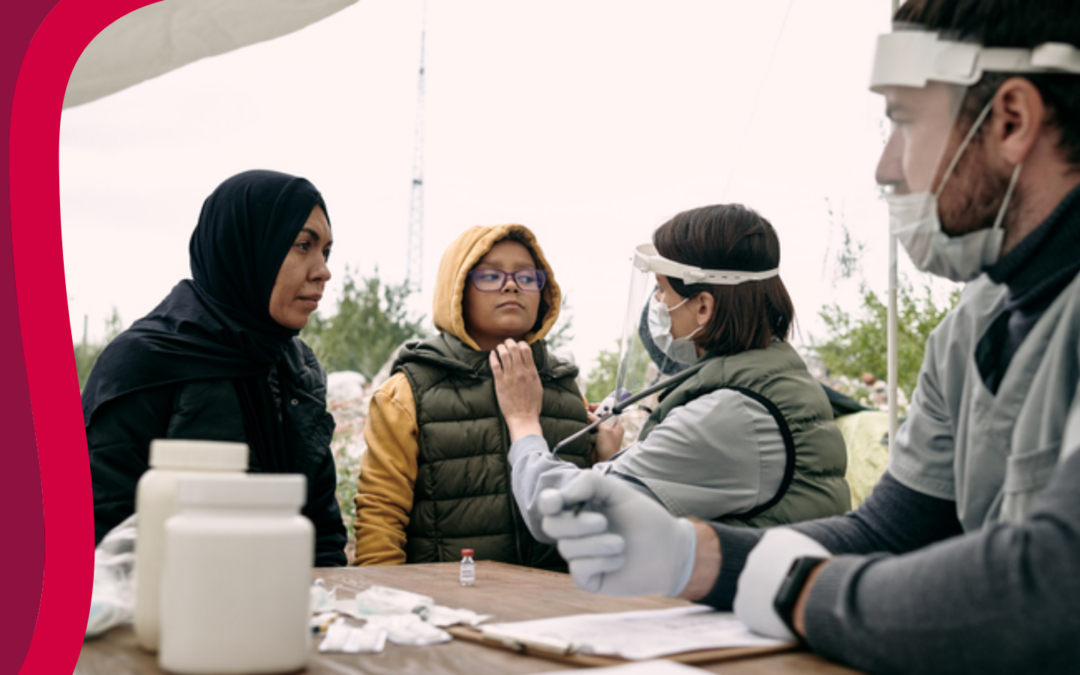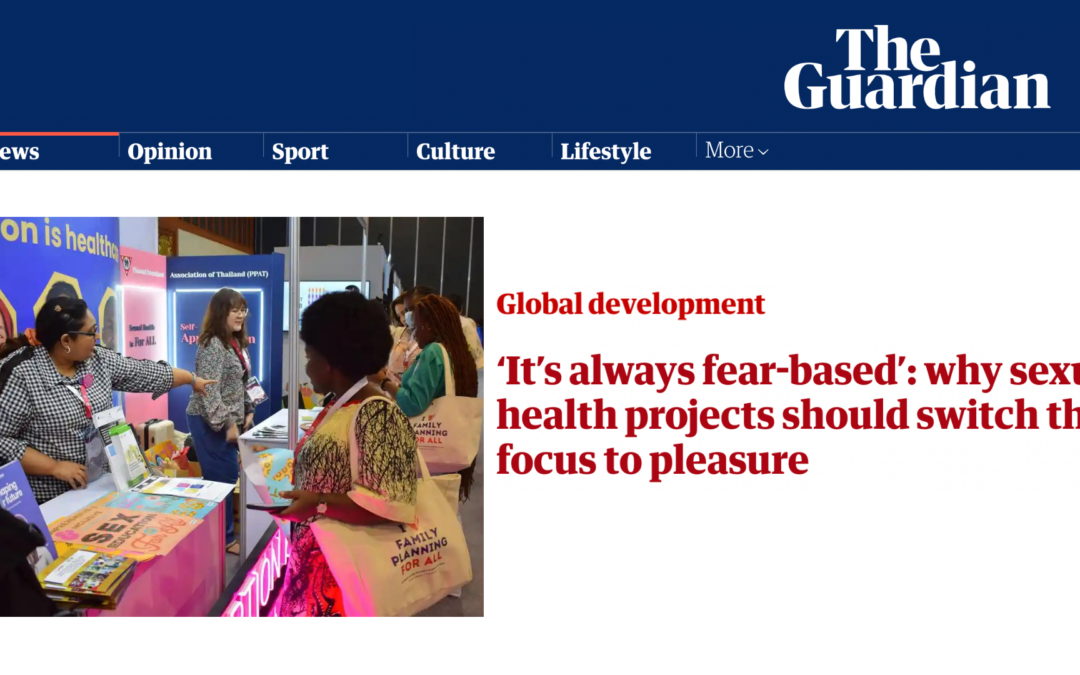Originally posted by the International Centre for Investigative Reporting
Reports about paternity fraud, a situation where a man is incorrectly identified as the biological father of a child, abound in Nigeria.
This is not limited to unmarried people, as there have been instances of paternity fraud found among married people that made the headlines.
For married people, a Geneticist at DNA Centre for Paternity Test Abiodun Salami, said paternity fraud is most common with the first child.
“It is more prevalent among younger couple these days because it has become so common to see a young lady preparing for marriage having more than one boyfriend. Based on my work experience, paternity fraud is mostly with the first children,” Salami said.
Besides infidelity, there are other factors responsible for paternity fraud in Nigeria, which Salami pegged at 40 per cent; cryptic pregnancy is one of such causes.
Cryptic pregnancy or stealth pregnancy is a phenomenon that occurs where a woman does not know that she is pregnant until at an advanced stage in pregnancy or when she goes into labour, or, in some extremely rare cases, after she has given birth.
Cryptic pregnancy occurs in one out of 475 pregnancies. A woman with such a pregnancy will not experience the symptoms commonly experienced by pregnant women.
Cryptic pregnancy as a new trend in human trafficking
In Nigeria, however, the concept of cryptic pregnancy has a different meaning and has become a new trend in human trafficking and a multi-million-naira business run by doctors, nurses and midwives in some hospitals and fertility clinics, some of which were identified in Aba, Owerri, Port-Harcourt and Lagos.
A young female nurse in her mid to late twenties, Blessing Amadi is an agent for Divine Hospital, located at Nkwo Orji in Owerri. She is actively on the lookout for women with infertility issues and directs them to the hospital for consultations and treatment.
When the reporter reached out to her, posing to need the services, Amadi was very enthusiastic She sounded happy to invite the reporter to come over to their hospital, offering directions too. She probably gets commissions for inviting patients in need of cryptic babies.
Health professionals like Amadi are driven by greed and prey on women who appear desperate to have children. Taking advantage of their vulnerability, they brainwash them with all sorts of lies and even put their lives at risk.
Today, from findings, the average cost of a crypto pregnancy in Nigeria is N1.2 million for a single child and an upward of N2 million for multiple births, but the cost notwithstanding, more women are embracing this seemingly attractive solution to their infertility problem knowingly and sometimes unknowingly.
A Diagnostic Radiographer, Nnabuike Tochukwu, said these fraudsters inject women with a high level of estrogen or sometimes progesterone hormones that leads to the formation of cysts and cause their stomachs to be bloated, creating an impression of pregnancy.
The victims are warned not to do a scan because the gel applied to the stomach during a scan can be harmful for the baby or that the baby will not be visible during the scan because it is a cryptic pregnancy.
“By the ninth month, these women will be booked for Caesarean Session and put under general anaesthesia,” Tochukwu explained.
In many cases, the woman carries the pregnancy way beyond nine months, as they are told that cryptic babies develop slowly, and a fake Caesarean Session is performed by these fraudulent health practitioners whenever a baby is available, only to perfect their deceit.
The crypto pregnancy victim only wakes up from unconsciousness to see her baby or babies by her side, but in actual fact, another woman’s baby is delivered to her.
In some cases, such a woman can stimulate milk production by using a breast pump but may not produce sufficient quantity to meet the baby’s needs and would have to supplement with formula.
However, suspicion may arise when she is unable to breastfeed their baby, prompting the call for a Deoxyribonucleic Acid (DNA) test. At other times, immigration requirements and child custody are among the reasons why people opt to take a DNA test, and it is only when a test is conducted that it becomes a verified case of fraud.
A former medical doctor at an immigration clinic Ibe Chiemezie recalled an incident where a 60-year-old Nigerian woman had come to get a passport for a baby she claimed she had birthed two weeks earlier after getting pregnant in the United States.
Chiemezie said officials became suspicious even though she had presented a video of herself in lithotomy position in a supposed labour room with an alleged nurse. The case was subsequently referred to the National Agency for the Prohibition of Trafficking in Persons (NAPTIP).
Our investigations further revealed that while women who have never been pregnant are the major targets of these fraudsters, women who have had children from real pregnancies can also be hooked too.
For this second category of women, it is the fear of losing their marriages if they don’t bear a male child, the stigma associated with adoption and other extreme cultural humiliations that drive them into becoming prey to these fertility scammers.
The appeal is even stronger for victims who have experienced failure with other types of Assisted Reproductive Technologies such as In vitro fertilization-embryo transfer (IVF) and Intrauterine Insemination (IUI).
Their reasoning becomes automatically suspended when they are told they will be able to choose the sex of their babies and the number they want – single, twins or triplets.
“So it is both maternity and paternity fraud, but the most rampant is paternity fraud,” said Salami.
Bitter and Sweet Experiences of Victims of Cryptic Pregnancies
Two years ago, a mother of one, Stella Francis Edet, made news headlines when she insisted on getting a refund of N800,000, which she paid to a traditional birth attendant Comfort Edet Effiong, to enable her to deliver her cryptic pregnancy.
Edet who was in search for a second child after she lost a baby, had been referred to a fertility centre called Sapodic Clinic in Akwa-Ibom state run by a supposed medical doctor Saturday Aaron, who gave her injections that caused her stomach to swell.
When she was due to have her cryptic baby, the was introduced to Effiong, who gave a bill of N800, 000 which had to be paid upfront before the commencement of “labour”. But during “labour”, the birth attendant covered her face with a wrapper, used a razor to cut her pelvis and thereafter brought a baby, claiming that she delivered the baby.
Edet who already had the experience of real labour, raised an alarm that she was not the mother of the child brought to her and the dispute and fight ensued between both parties before the police were brought into the matter.
The criminalisation of abortion, the stigma of being a single mother and poverty force many young girls to either misattribute their babies to the wrong father or join the baby trafficking network.
Abortion in Nigeria is illegal and carries a heavy jail sentence. The abortion laws of the Criminal Code are expressed within sections 228, 229, and 230. Section 228 states that any doctor providing a miscarriage to a woman is guilty of a felony and up to 14 years of imprisonment.
A 2018 global family planning report by the International Conference on family planning (ICFP) claims that in the year 2017, Nigeria recorded over 1.3 Million unwanted pregnancies, and only 13.8 per cent of Nigerian women used contraceptives in the year under review.
Several times, the police have conducted raids on facilities where these young girls in their productive age are housed, and have arrested many operators, but the industry continues to thrive, serviced by the increasing demand for babies either for crypto pregnancy or ritual purposes.
In addition to the girls, agents and medical practitioners who profit from this discreet trade, another group is cashing out on the crypto pregnancy fraud, often operating independently by selling products to sustain these pseudo pregnancies.
We are prosecuting offenders – NAPTIP
The Director General of the National Agency for the Prohibition of Trafficking in Persons (NAPTIP) Fatima Waziri – Azi, said the Agency is aware of the development and has been making tremendous efforts to create the necessary awareness with a view to curbing it.
In the last one year, the Agency said it has rescued no fewer than 30 babies from criminal elements, traced the parents and reunited the babies with them while those arrested are facing prosecution in different Courts across the country for Child Trafficking.
“The term paternity fraud is a narration for Cryptic Pregnancy otherwise referred to as ‘Buying and Selling of Babies’. Based on intelligence and surveillance, NAPTIP has made several arrests in this regard with ongoing investigations and prosecution in Court of Law,” Waziri – Azi stated in an emailed response to our enquiry.
NAPTIP, through the various Zonal Commands and State Task Forces on Human Trafficking, has also embarked on advocacy to critical partners as well as dialogues on issues surrounding buying and sales of babies with a view to ensuring that people are adequately informed on the need to shun the act and expose those engaging in it.
Nigeria’s House of Representatives have also launched an investigation into this disturbing trend of human trafficking in the country.

